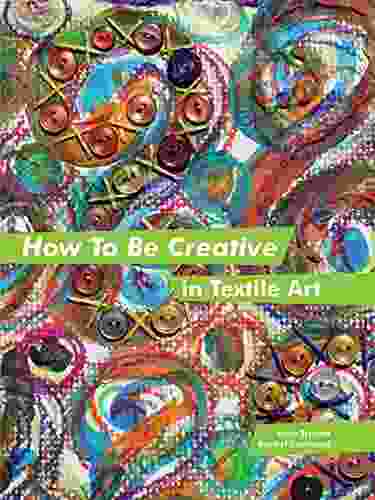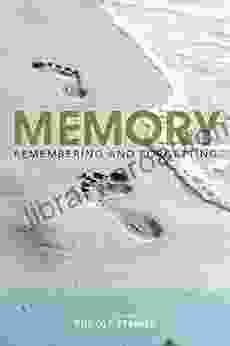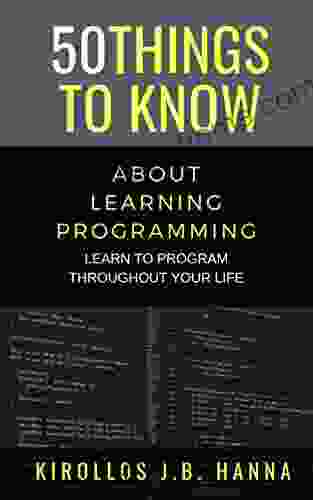Memory: Remembering and Forgetting - Unraveling the Mysteries of the Human Mind


5 out of 5
| Language | : | English |
| File size | : | 1218 KB |
| Text-to-Speech | : | Enabled |
| Screen Reader | : | Supported |
| Enhanced typesetting | : | Enabled |
| Word Wise | : | Enabled |
| Print length | : | 252 pages |
Memory is an essential aspect of our human experience. It allows us to learn, grow, and adapt to our surroundings. It connects us to our past, shapes our present, and influences our future. Yet, memory is also a complex and often mysterious process. We often take it for granted, but when memory fails, we realize its profound importance.
In "Memory: Remembering and Forgetting," renowned neuroscientist Dr. Richard Restak takes us on a fascinating journey into the world of memory. Drawing upon the latest scientific research and his own clinical experience, Dr. Restak unravels the intricacies of how we remember and forget. He explores the different types of memory, the neural mechanisms underlying memory formation, and the factors that can influence memory accuracy and reliability.
The Science of Memory
Memory is a complex and dynamic process that involves multiple brain regions. When we experience something new, our brain creates a memory trace in the hippocampus, a brain region responsible for encoding and consolidating new memories. These memory traces are then stored in various parts of the brain, depending on the type of memory.
There are two main types of memory: declarative memory and non-declarative memory. Declarative memory involves the conscious recall of facts and events. It includes episodic memory, which stores personal experiences, and semantic memory, which stores general knowledge. Non-declarative memory, on the other hand, involves implicit memories, such as skills, habits, and emotional associations.
The formation of new memories involves several steps. First, the brain must encode the information. This can occur through different sensory channels, such as sight, sound, touch, smell, and taste. The encoded information is then stored in the hippocampus for consolidation. During consolidation, the memory trace is gradually strengthened and integrated into existing neural networks.
Once a memory is consolidated, it can be retrieved from storage. Retrieval involves accessing the memory trace in the hippocampus and reactivating the neural networks associated with that memory. The strength of the memory trace and the accessibility of the neural networks influence the accuracy and reliability of the retrieved memory.
Factors Influencing Memory
Several factors can influence memory accuracy and reliability. These include:
* Attention: Paying attention to information is essential for effective encoding. * Emotion: Emotional experiences can enhance memory formation and retrieval. * Context: The context in which information is encountered can influence memory recall. * Rehearsal: Rehearsing information helps strengthen memory traces. * Sleep: Sleep is essential for memory consolidation. * Stress: Chronic stress can impair memory function. * Aging: Memory function typically declines with age, but this decline can vary significantly among individuals.
Improving Memory
While memory function can decline with age, there are several things we can do to enhance our memory and optimize our mental well-being. These include:
* Exercise: Regular exercise promotes brain health and improves memory function. * Diet: A healthy diet, rich in fruits, vegetables, and whole grains, can support brain health and memory. * Mental stimulation: Engaging in mentally stimulating activities, such as reading, writing, and playing games, can help keep the brain active and improve memory. * Sleep: Getting enough sleep is essential for memory consolidation. * Stress management: Managing stress can help protect memory function. * Memory training: There are specific memory training techniques that can help improve memory skills.
Memory is a powerful and essential aspect of our human experience. It allows us to learn, grow, and adapt to our surroundings. It connects us to our past, shapes our present, and influences our future. By understanding the science of memory and the factors that influence its accuracy and reliability, we can take steps to enhance our memory and optimize our mental well-being.
"Memory: Remembering and Forgetting" is a comprehensive and accessible guide to the fascinating world of memory. It offers a wealth of scientific insights, practical advice, and inspiring stories that will captivate and inform readers. Whether you are interested in improving your memory, understanding the complexities of brain function, or simply exploring the mysteries of the human mind, this book is an invaluable resource.
5 out of 5
| Language | : | English |
| File size | : | 1218 KB |
| Text-to-Speech | : | Enabled |
| Screen Reader | : | Supported |
| Enhanced typesetting | : | Enabled |
| Word Wise | : | Enabled |
| Print length | : | 252 pages |
Do you want to contribute by writing guest posts on this blog?
Please contact us and send us a resume of previous articles that you have written.
Light bulbAdvertise smarter! Our strategic ad space ensures maximum exposure. Reserve your spot today!

 Cody BlairSheffield Great War and Beyond: Uncovering the City's Unforgettable World War...
Cody BlairSheffield Great War and Beyond: Uncovering the City's Unforgettable World War... Devin CoxFollow ·12k
Devin CoxFollow ·12k Clarence MitchellFollow ·18.2k
Clarence MitchellFollow ·18.2k Ralph Waldo EmersonFollow ·16k
Ralph Waldo EmersonFollow ·16k Javier BellFollow ·9.9k
Javier BellFollow ·9.9k Cruz SimmonsFollow ·13.1k
Cruz SimmonsFollow ·13.1k Fredrick CoxFollow ·12.3k
Fredrick CoxFollow ·12.3k Salman RushdieFollow ·19.1k
Salman RushdieFollow ·19.1k Alfred RossFollow ·15.7k
Alfred RossFollow ·15.7k

 Lord Byron
Lord ByronHow to Be Creative in Textile Art: A Comprehensive Guide...
Textile art is a...

 Kenneth Parker
Kenneth ParkerMaster the Art of Grilling with "The BBQ Sauces Cookbook"
Are you tired of the same old...

 Jerome Blair
Jerome BlairTeaching Ceramics Potter Manual: Unlock Your Inner Artist...
Imagine the satisfaction of crafting exquisite...

 Paulo Coelho
Paulo CoelhoLiberating Yourself From Lyme: A Comprehensive Guide to...
What is Lyme...

 Banana Yoshimoto
Banana YoshimotoInspiring Art Explorations: Unleashing Creativity in...
Prepare to be inspired...
5 out of 5
| Language | : | English |
| File size | : | 1218 KB |
| Text-to-Speech | : | Enabled |
| Screen Reader | : | Supported |
| Enhanced typesetting | : | Enabled |
| Word Wise | : | Enabled |
| Print length | : | 252 pages |


















































